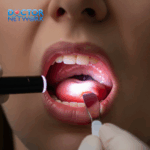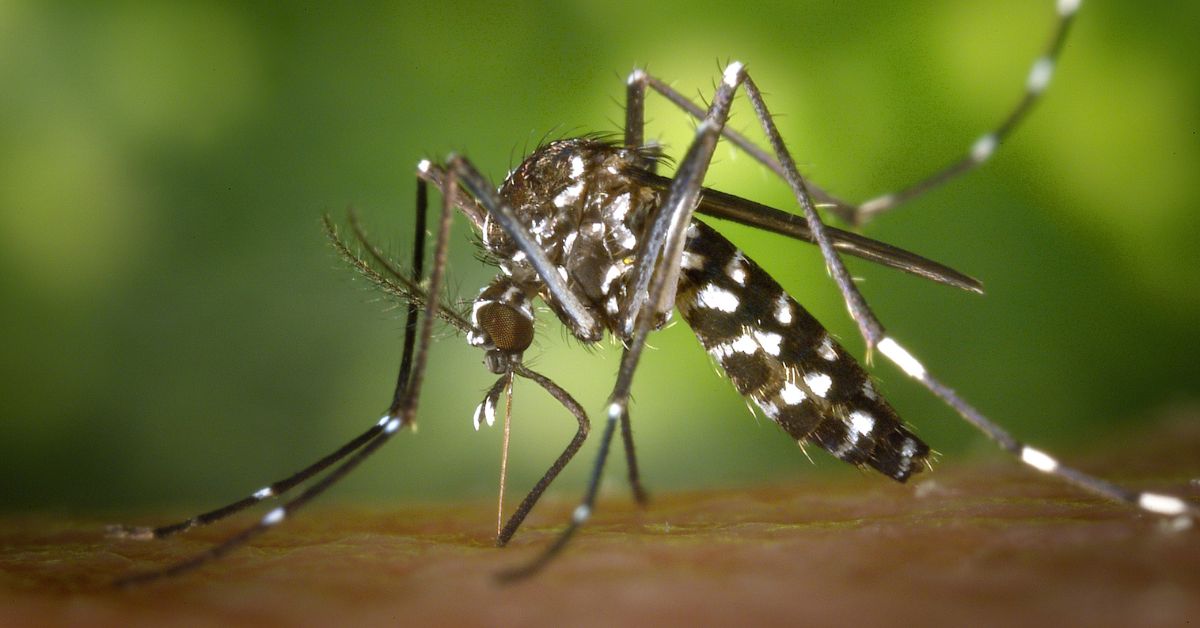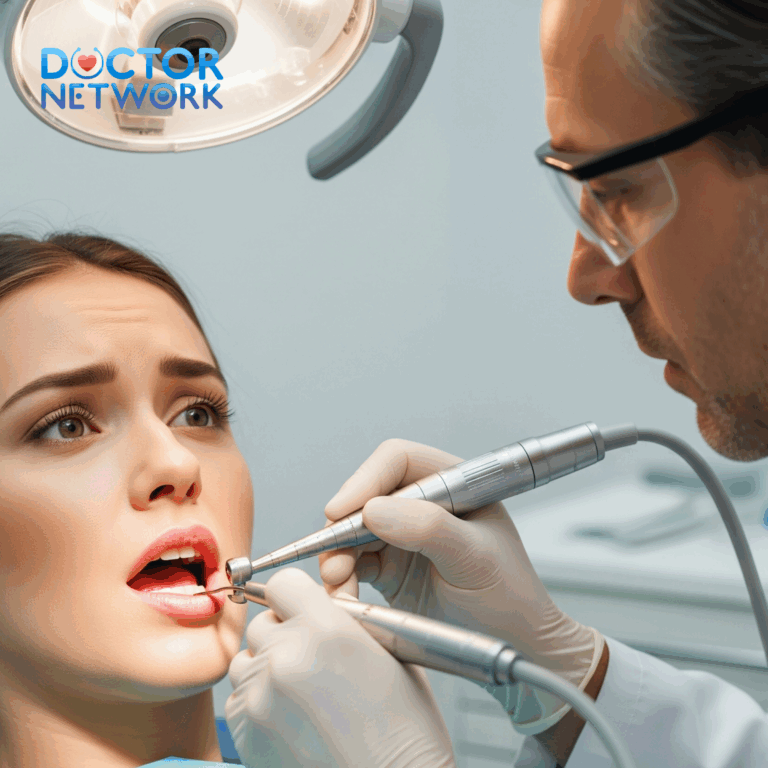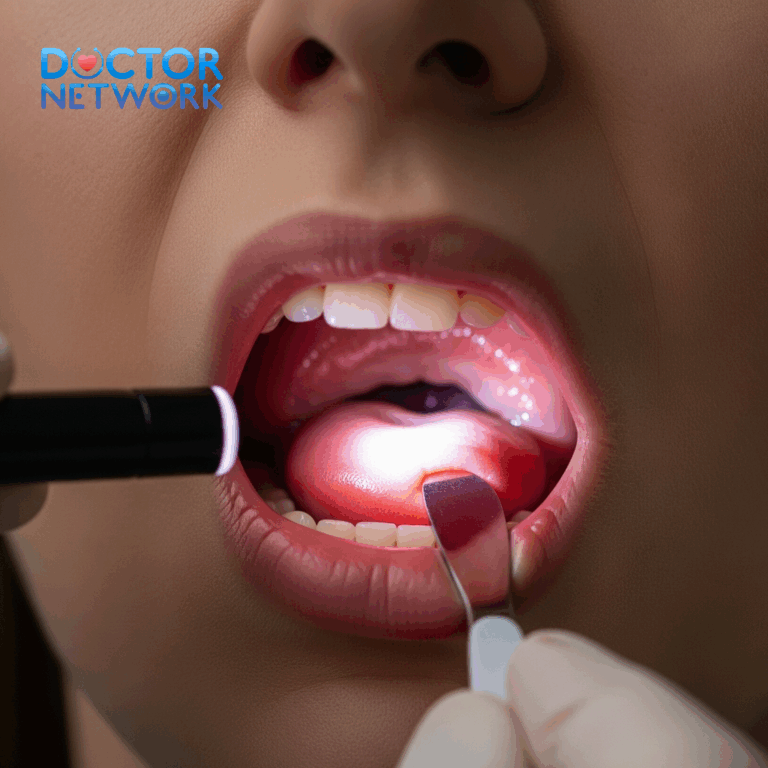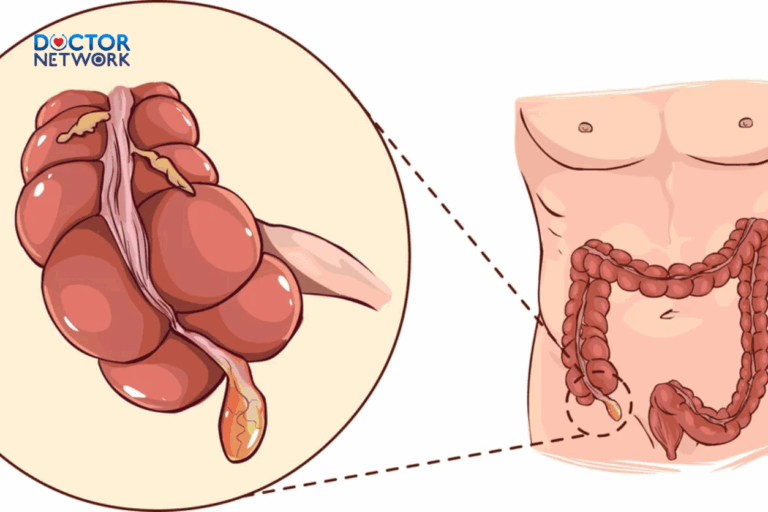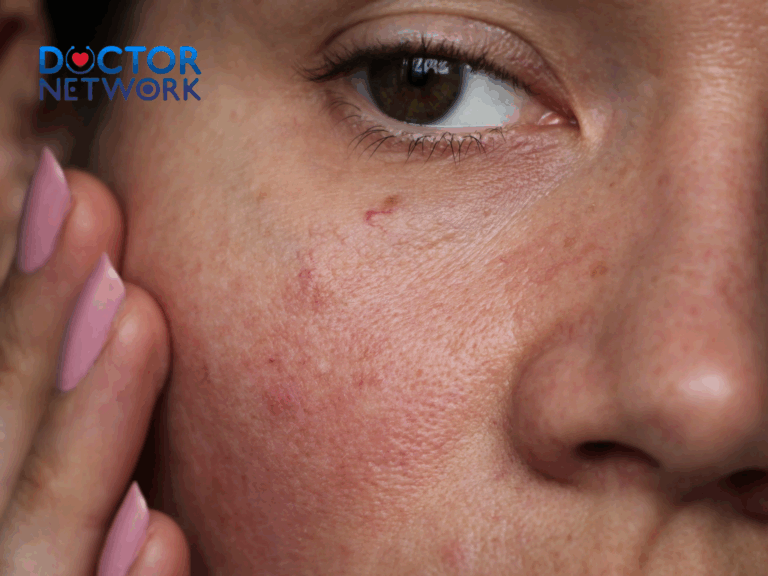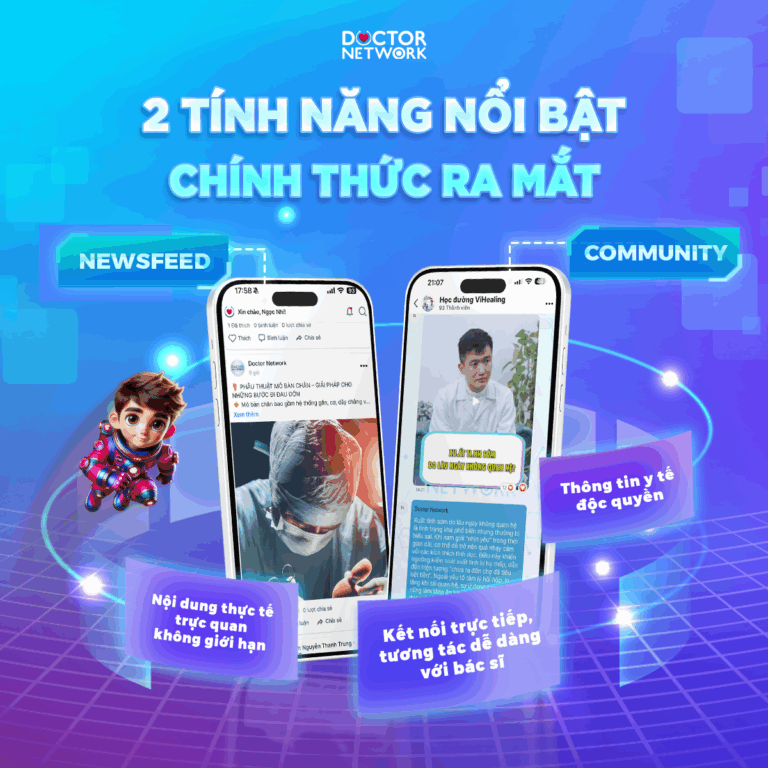Gonorrhea is a common issue that can affect both men and women, especially those engaging in sexual activity. If not detected and treated promptly, the disease can lead to various dangerous health complications. So, can gonorrhea be treated, and what are the consequences if left untreated? To understand more, let’s delve into the details of this matter in the following article.
What is Gonorrhea?
Gonorrhea, also known as the clap or the drip, is a sexually transmitted infection caused by the bacterium Neisseria gonorrhoeae, commonly known as gonococcus. This bacterium tends to inhabit areas such as the vagina, cervix, eyes, mouth, rectum, and particularly the urethra in men.
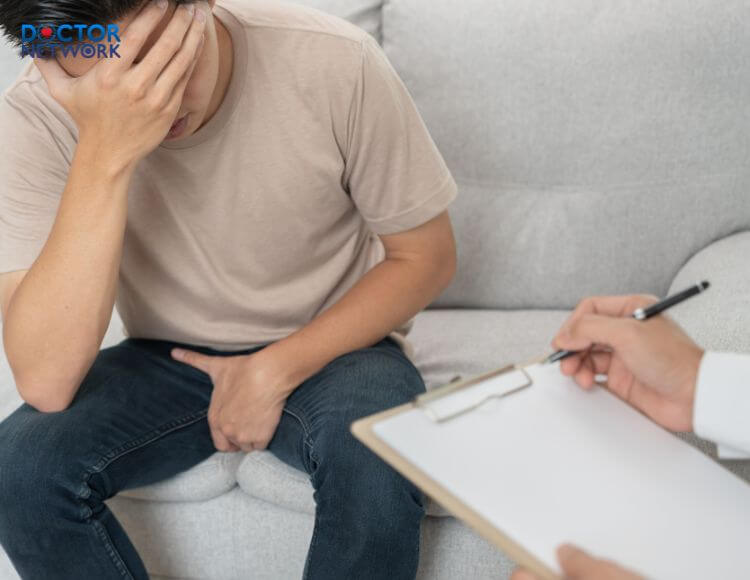
Gonorrhea often occurs due to unsafe sexual practices
The primary cause of gonorrhea is engaging in unprotected sexual activities. The characteristic of the bacteria responsible for gonorrhea is its inability to survive on the human body for an extended period, usually just a few minutes. Therefore, gonorrhea is frequently transmitted through activities such as:
- Unprotected sexual intercourse: Engaging in sexual activity without using protective measures increases the risk of contracting gonorrhea. The bacteria can be present in various areas such as the vagina, cervix, rectum, and urethra, enhancing the likelihood of infection during unsafe sex.
- Indirect contact: Gonorrhea can be transmitted indirectly, for instance, through sharing personal items like toothbrushes or towels if they come into contact with the infected person’s discharge.
- Mother to child transmission: There is a high risk of transmission from an infected mother to her child, particularly for pregnant women with gonorrhea. If the newborn contracts the disease, it can impact their physical and intellectual development.
- Blood transmission: Gonorrhea can also spread through blood transmission, such as when sharing needles with an infected person.
Common Signs of Gonorrhea
Symptoms of gonorrhea often do not manifest immediately after infection. Typically, signs and symptoms appear around 10-20 days after the infection. Seeking treatment promptly is crucial when symptoms begin to show. In cases where no treatment is received, gonorrhea can lead to rashes, fever, and ultimately joint pain.
Symptoms and signs of gonorrhea may differ between men and women.
1. In Men
- Pain during urination.
- Discharge from the penis.
- Increased frequency of urination.
- Swelling or pain in the testicles.
- Pain or swelling at the tip of the penis.
2. In Women
- Sore throat.
- Fever and chills.
- Lower abdominal pain.
- Pain during sexual intercourse.
- Unusual vaginal discharge.
- Pain or a burning sensation during urination.
- Pain or a burning sensation during urination is a common symptom in women with gonorrhea.

Pain or a burning sensation during urination is a common symptom in women when infected with gonorrhea
Can Gonorrhea be Treated?
“Can gonorrhea be treated?” is a common question, and the answer is yes, as long as patients follow a scientific and appropriate treatment method. The effectiveness of the treatment process is achieved when patients adhere to the guidance provided by their healthcare professionals.
However, it’s essential to note that successful treatment is often more likely when patients receive care at healthcare facilities. Although the treatment process can help reduce symptoms and discharge, it cannot guarantee complete healing for all the damage caused by gonorrhea.
A significant challenge is the increasing complexity of viral variants, leading to drug resistance. This complicates the treatment process, and some injuries may never fully heal.
The general principles of gonorrhea treatment include:
- The doctor diagnoses the disease and recommends an appropriate treatment method.
- Treating both sexual partners if one is infected.
- Conducting serological tests to detect accompanying diseases such as syphilis or HIV.

Regular medical check-ups are crucial when experiencing gonorrhea symptoms
During the treatment process, doctors typically prescribe ceftriaxone (Rocephin) for patients, sometimes combined with azithromycin or doxycycline to enhance effectiveness. However, the use of drugs does not guarantee complete recovery due to the drug resistance of viral variants. After the treatment process, recovery often involves reduced discharge and diminished pain during urination.
Complications of Untreated Gonorrhea
The likelihood of successfully treating gonorrhea depends on whether the patient receives timely treatment. If left untreated, gonorrhea can lead to severe complications, depending on gender:
1. For Women
- Blocked fallopian tubes: Scar tissue may lead to blockages in the fallopian tubes, affecting the movement of eggs from the ovaries to the uterus.
- Increased risk of ectopic pregnancy: If pregnant, the risk of an ectopic pregnancy outside the uterus increases, posing a dangerous situation requiring immediate medical intervention.
- Elevated risk of infertility: Gonorrhea can damage reproductive organs, increasing the likelihood of infertility.
2. For Men
- Epididymitis in the testicles: Gonorrhea can cause inflammation and damage to the testicles, resulting in pain and discomfort.
- Increased risk of infertility: Reproductive issues may arise, elevating the risk of male infertility.
Therefore, timely treatment of gonorrhea is crucial to prevent severe complications and safeguard reproductive health. Dialogue and adherence to the prescribed treatment schedule are essential to ensure effectiveness and halt the spread of the disease. If you have any questions or need advice on the treatment process, it is recommended to seek the opinion of a healthcare professional for assistance.
This article provides information on “can gonorrhea be treated?” and related information. However, the information presented here cannot replace accurate advice from healthcare experts. Trusting professional opinions helps ensure rational and effective decisions when facing health issues.
Kiểm Duyệt Nội Dung
More than 10 years of marketing communications experience in the medical and health field.
Successfully deployed marketing communication activities, content development and social networking channels for hospital partners, clinics, doctors and medical professionals across the country.
More than 6 years of experience in organizing and producing leading prestigious medical programs in Vietnam, in collaboration with Ho Chi Minh City Television (HTV). Typical programs include Nhật Ký Blouse Trắng, Bác Sĩ Nói Gì, Alo Bác Sĩ Nghe, Nhật Ký Hạnh Phúc, Vui Khỏe Cùng Con, Bác Sỹ Mẹ, v.v.
Comprehensive cooperation with hundreds of hospitals and clinics, thousands of doctors and medical experts to join hands in building a medical content and service platform on the Doctor Network application.













